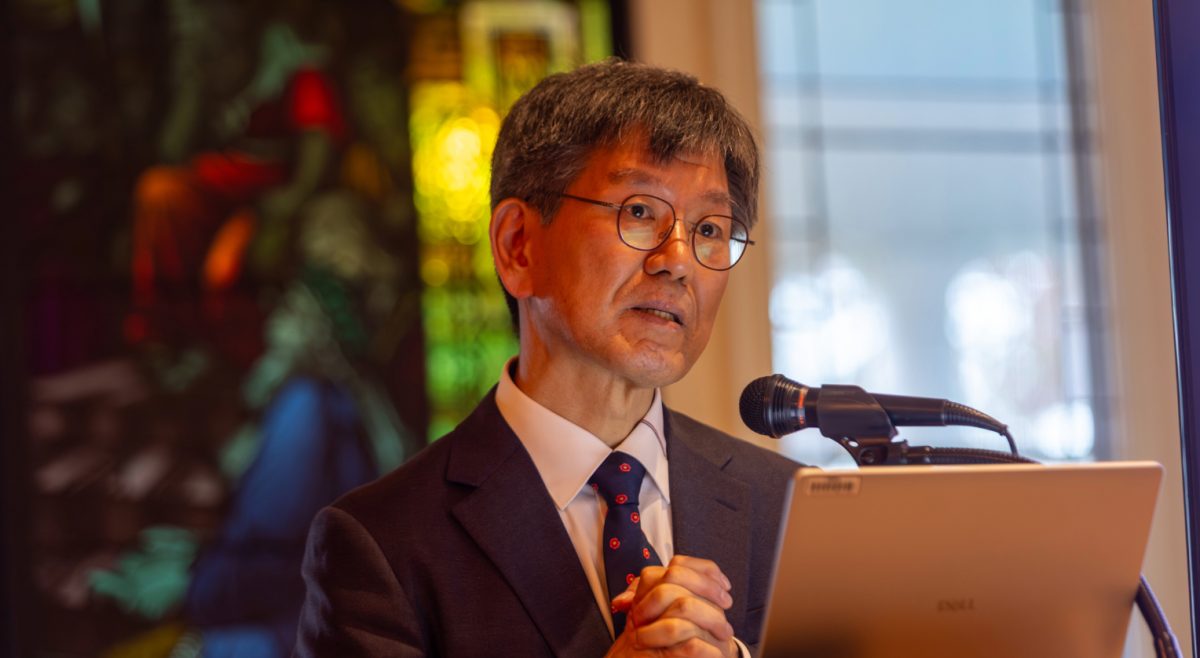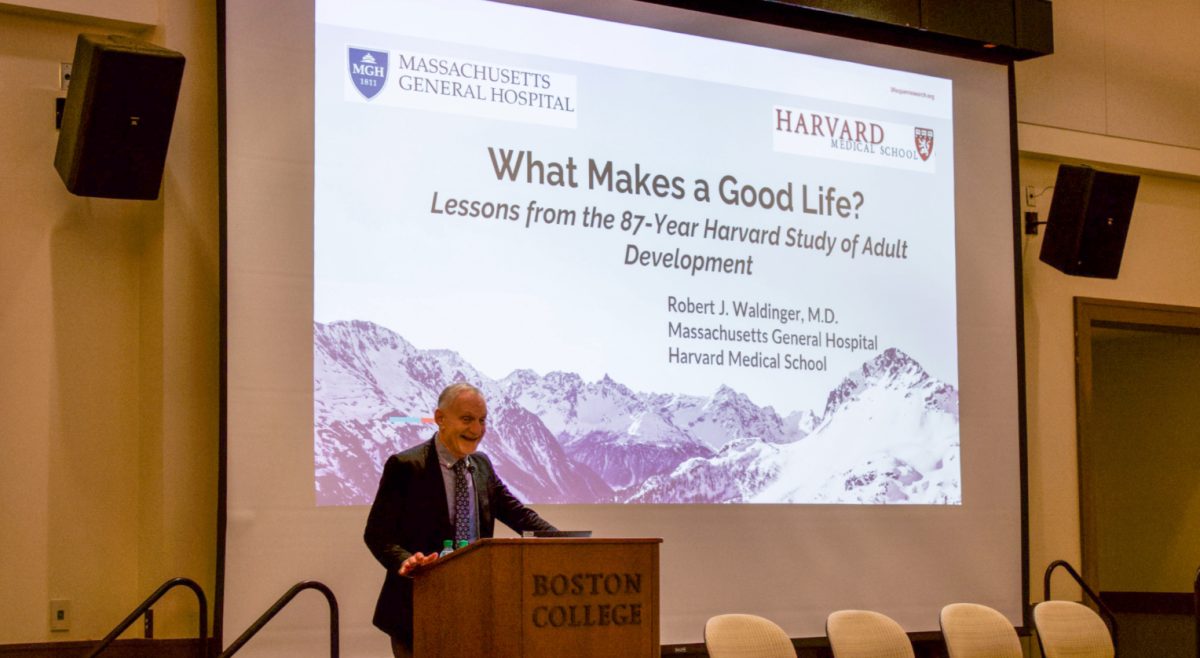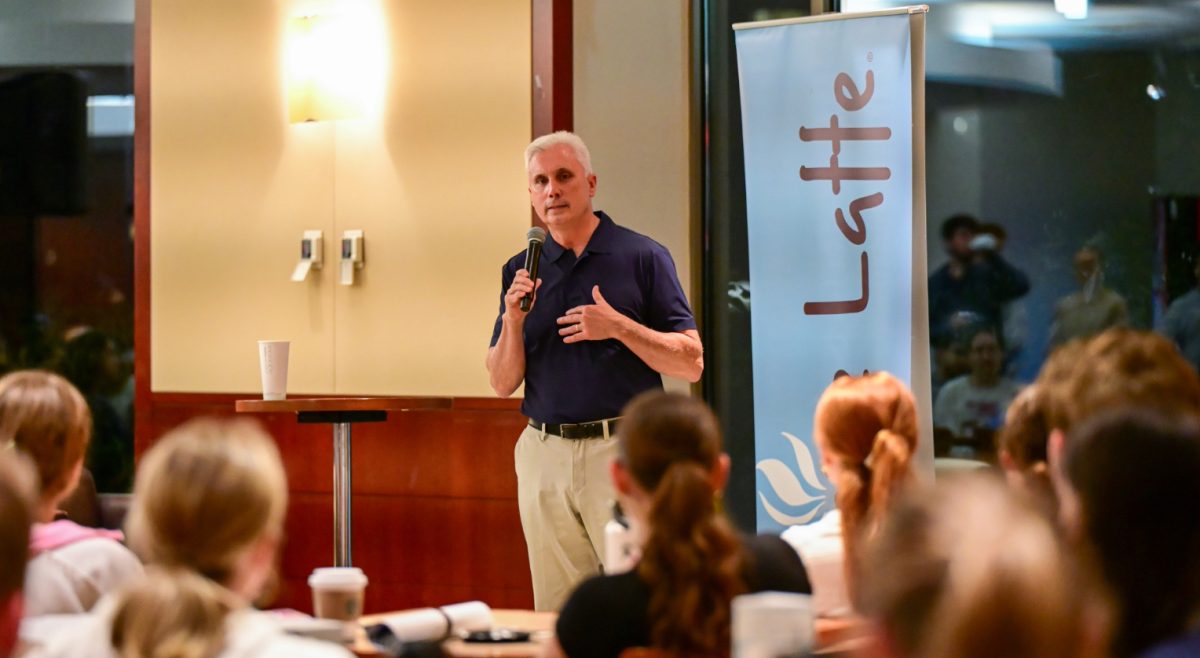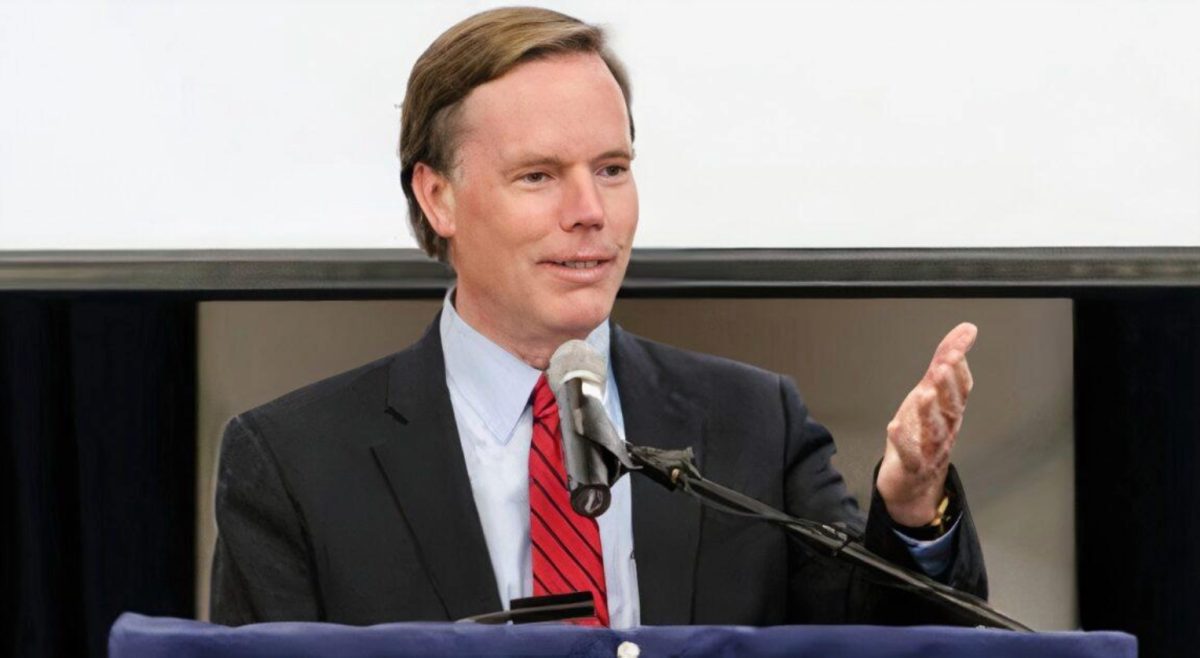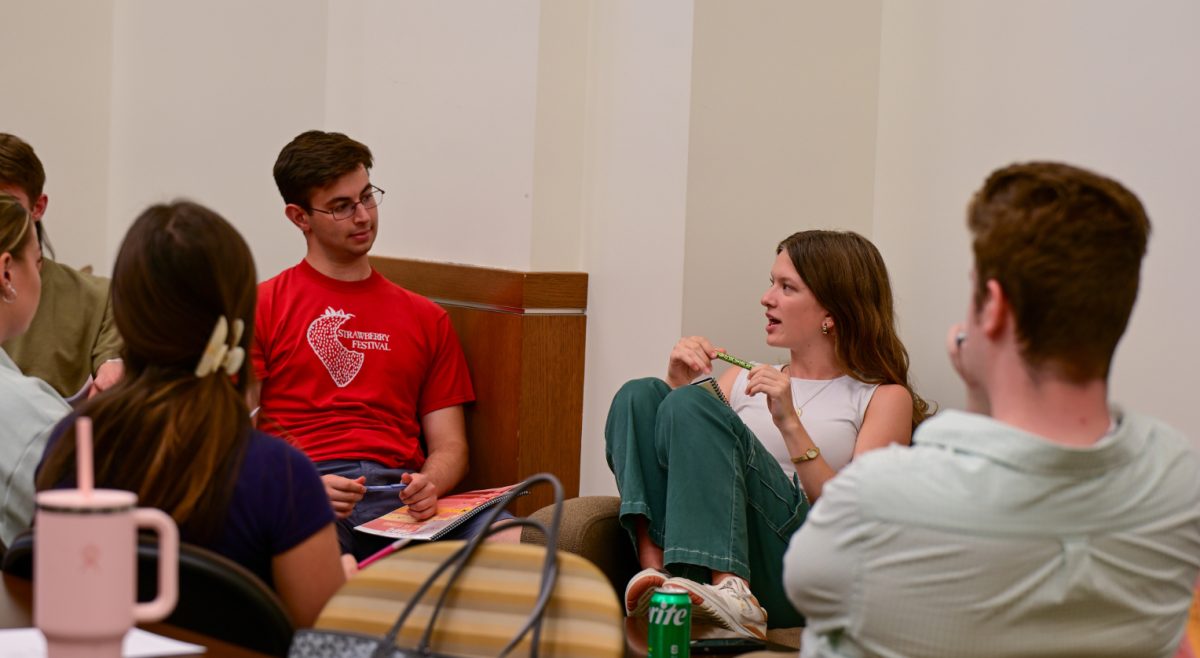Although globalization has historically allowed democracy to succeed in the creation of the current world order, it is also the reason why it is currently failing globally, according to Myung-Lim Park.
“This is the most paradoxical phenomenon of the early 21st century, or in human history ever,” Park said.
Park, a professor at Yonsei University in Seoul, South Korea, and director of the Kim Dae-jung Presidential Library and Museum, delivered a lecture presented by Boston College’s global Korea project on Oct. 7.
In his lecture, Park examined the forces behind democracy’s global decline, analyzing how these focuses have changed over time.
“For the last several decades, we have focused on sustainable development, sustainable peace, and a sustainable planet,” Park said. “Now, we must also think about the sustainability of democracy.”
Tracing the centuries-long search for a perfect policy, Park referenced figures such as Plato, Augustine, and the founding fathers, who turned to the common good as the basis of the republican government, according to Park.
Park argued that the idea of the “common” marked a turning point in history—power no longer descended from kings or popes but from the people themselves.
“From Britain came the invention of common law, common sense, common good, and commoners,” he said. “That invention made democracy possible.”
According to Park, the current state is paradoxical because democracy celebrated its greatest global triumph at the end of the Cold War, yet almost immediately began to falter.
Citing data from the Economist Intelligence Unit and the V-Dem Institute, Park said only about 15 percent of countries today qualify as full democracies, and just over six percent of the world population lives in them.
“The glorious victory and the quick decline of liberal democracy happened almost simultaneously,” Park said.
Park attributed the reversal to two main factors—widening inequality and the side effects of globalization. According to Park, comparing income data showed wealth concentrated in the top 1 percent while labor-union membership fell sharply across the industrialized world.
“Globalization made prosperity possible, but that prosperity came at the cost of democracy’s vitality,” Park said.
He also cited rising authoritarianism and democratic fatigue. According to Park, the share of people living in autocracies has risen from roughly half to more than two-thirds of the global population over two decades.
“Democracy is losing out in terms of economic power and influence,” Park said. “The world is experiencing a true wave of autocratization.”
Much of Park’s lecture focused on what he called the “U.S.-China Concert”—a peaceful coexistence between the capitalist and socialist superpowers that he said reshaped the global political order.
According to Park, the United States and China have grown too big, too late, too close, and too similar, sharing patterns of inequality, centralized leadership, and populism despite ideological differences.
“The type of government may differ, but the mode of rule has become similar—that similarity blurs the boundary between democracy and non-democracy,” Park said.
Park said that traditional theories can no longer explain the current state of democracy. The modernization theory cannot account for why wealthy democracies are now sliding backwards, while Marxism fails to explain China’s hybrid economy of market capitalism with one-party control, according to Park.
“We are seeing market economies without liberal democracy and socialism without equality,” Park said.
Park urged the audience to see democracy’s survival as a shared responsibility, one that requires renewed commitment and cooperation among individuals, countries, and the global community.
“Democracy is not fixed,” Park said. “It must be rebuilt through freedom with responsibility and equality with law. No country can escape globalization—reviving democracy’s vitality is a common task for all of us.”

